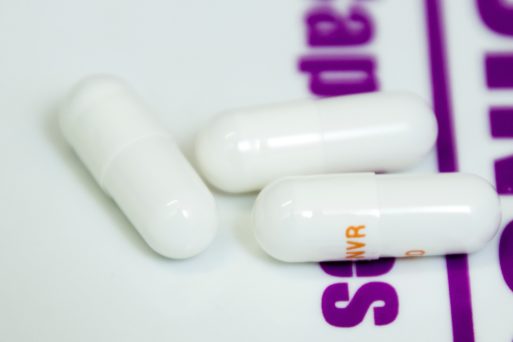We’ve known it by many names throughout our history (soldier’s heart, combat fatigue, shell shock), but relatively little research has been done on the effects of PTSD on our veterans. This is changing, however, as the effects of psychological trauma are becoming better understood by mental health professionals and the general public alike. This has led to testing of a range of experimental treatments for PTSD among veterans and others who’ve been affected by significant trauma. And one result in particular has researchers and government regulators looking to the future with promise: MDMA, commonly known as Molly or Ecstasy, has been identified as a possible wonder drug for treatment of trauma-related mental conditions.

PTSD and Suicide Among Veterans
To be clear, PTSD is not a disorder that affects only veterans. Any significant trauma can cause the onset of PTSD: living through natural disasters or accidents, experiencing prolonged or repeated abuse, or even just witnessing these events can cause PTSD, along with any number of instances of exposure to significant or protracted trauma. That being said, our veterans experience PTSD at elevated rates, and PTSD-related suicides among veterans are a big concern for those in the business of ensuring the health and well-being of those of us who’ve served.

Credit: US Army Alaska via Flickr.com
According to the National Center for PTSD at the U.S. Department of Veterans Affairs, from 2001-2009, Army veterans who committed suicide were 13 times more likely to be diagnosed with PTSD compared to all Army veterans. And soldiers diagnosed with PTSD from 2007 t0 2009 were six times more likely to commit suicide than those without the diagnosis. These numbers are undeniably significant, and Veterans Affairs has begun to address these issues in earnest.
MDMA Shows Promise as a Treatment for PTSD
The most promising research so far has been conducted by MAPS — the Multidisciplinary Association for Psychedelic Studies — and the results have been so good that the FDA recently approved phase 3 clinical trials (the last step before approval as a treatment) for treating PTSD with MDMA. This is really big news, as PTSD has proven to be largely untreatable by psychotherapy alone, and pharmaceutical therapies currently in use have proven only marginally effective. Among participants in a MAPS’ phase 2 trial, 61 percent of participants were successfully treated with a combination of psychotherapy and MDMA therapy, with 70 percent of these subjects reporting no symptoms of PTSD a year later. The FDA has designated MDMA a “breakthrough therapy” for treating PTSD.

The Future of Psychedelics and PTSD
It’s difficult to overstate the need for advancing PTSD therapy, especially among veterans. Due to the nature of PTSD and the under-reporting of data, estimates of the cost of PTSD among veterans vary. But according to a 2014 study by the Department of Veterans Affairs, 20 veterans commit suicide every day. That’s 20 too many, and it’s time we stepped up the level of care for those suffering from PTSD.
MDMA and other illegal drugs like Ibogaine have been anecdotally proven to help with issues like PTSD, depression, and addiction over many decades, and many experts feel the use of these drugs as accepted therapies for disorders of the mind is long overdue. What is the future of psychedelic drugs in relation to psychotherapy? It’s tough to say, but one thing’s for certain. These people need help, and it’s our responsibility to do what we can to make sure they get the help they need. If that means taking a good, hard look at what works without applying any cultural bias or stigma associated with drug use, we might just find we’ve had many effective therapies right under our noses since the 1960s.

 MDMA Shown to Be a Potential Treatment for PTSD
MDMA Shown to Be a Potential Treatment for PTSD



 How to Comfort A Dying Loved One
How to Comfort A Dying Loved One
 Our Annual Seven Holiday Gifts for Someone Who Is Grieving, 2024 Edition
Our Annual Seven Holiday Gifts for Someone Who Is Grieving, 2024 Edition














